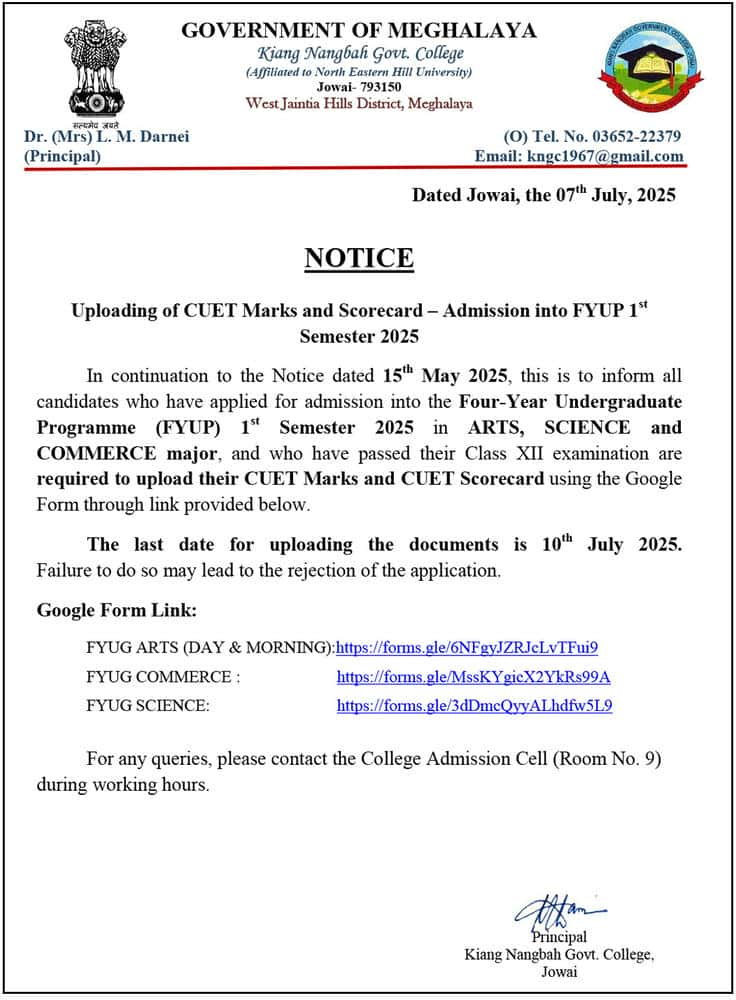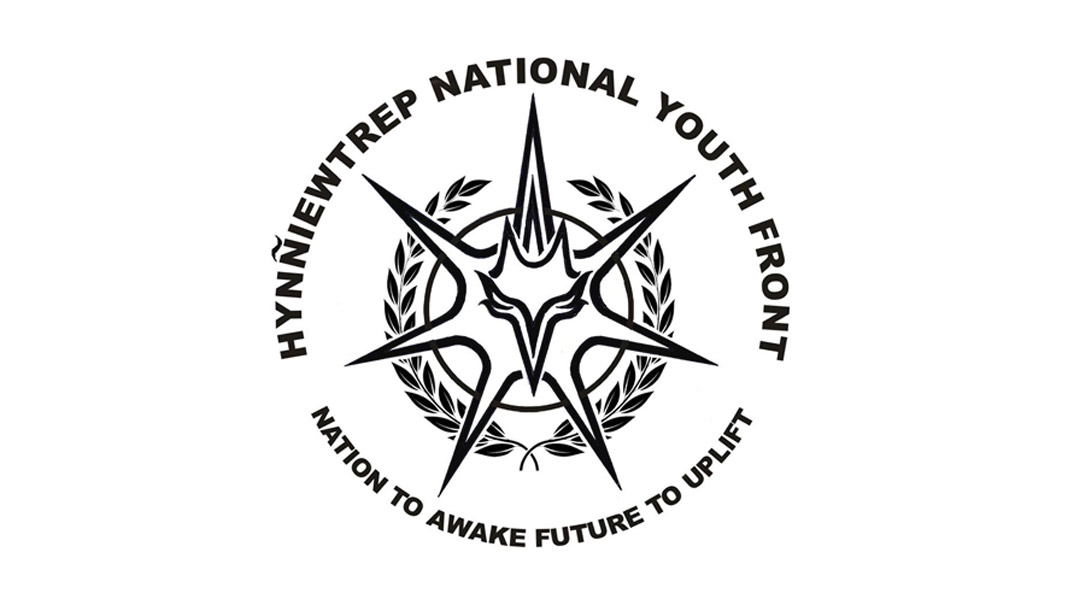MRSSA will ensure illegal migrants cannot claim equality in state: HNYF

The Hynniewtrep National Youth Front (HNYF) has said that the Meghalaya Residents, Safety and Security Act (MRSSA), 2016 is an appropriate mechanism to see that illegal migrants cannot claim equality in the state.
“Entry exit points (the setting up of which is mandated as per the MRSSA) are mechanism to deal with such matters of illegal migration, it is established in many court rulings that “equality cannot be claim on the basis of illegality”,” HNYF general secretary, Sadon Kupar Blah said in a statement issued on Monday.

This came as a reaction to a public interest litigation (PIL) filed by six lawyers of the High Court of Meghalaya Bar Association challenging the constitutional validity of the MRSSA passed by the Meghalaya Legislative Assembly in 2016.
On the allegation the MRSSA is violative of Article 14 of the constitution, Blah said, “Article 14 provides for equality before the law and equal protection of law ,there is no provisions in the MRSSA, entry exit points to deny the same for any Indian citizens ,being checked and verify one’s Indian citizenship does not in any way implies the denial of equality before the law. This is needed because Meghalaya have a long stretch of international border with Bangladesh with records of Bangladesh MP and foreign nationals entering Meghalaya through borders many others might have sneaked into the State through Assam also.”

He said another contention in the PIL is that MRSSA is in contravention of Article 15 of the constitution which prohibits discrimination on grounds of religion, race, caste, sex or place of birth with regards to citizens access to public amenities.
“(However) MRSSA does not contain any provisions to discriminate against any genuine Indian citizens on these grounds despite the enabling provision in Clause 5 of the same Article which enable the State to pass legislation for the protection of the interests of the scheduled Tribes,” Blah said.
“The contention that MRSSA, entry exit points is in contravention of Article 19 of the constitution. The said Article sub clause (d) and (e) provides for the free movement of citizens throughout the territory of India, to reside and settle in any part of India..This Article Permit only Indian citizens to move freely and reside freely it implies that non citizens need proper documents for free movement. Hence the purpose of entry exit points, MRSSA is to regulate and detect any possible illegal migrants with interest to establish their base in the state. The same Article contains the enabling provision in Clause 5 which states that the State can make laws imposing reasonable restrictions on the enjoyment of these rights either in the interest of the general public and Schedule Tribes,” he added.
In as far as the contention that the MRSSA is in violation of Article 21 of the Constitution is concerned, Blah however said the MRSSA or the entry exit points does not in anyway seeks to deprive the life and personal liberty of any person it only states that person or persons entering the State need to proof their citizenship .
Regarding the allegation that the state government has overstepped its limit of legislation by passing the MRSSA, the HNYF leader however said, “But taking into consideration that the whole of Meghalaya, except designated otherwise, is a tribal state, the state of Meghalaya has adopted a principle of ” procedure established by law” for the protection of the interest of the scheduled Tribes, in passing and implementing the MRSSA entry exit points . The definition of State in Article 12 of the constitution empowered the state government also to legislate on the said subject.”
“The contention in the PIL that section 144 crpc and section 188 ipc is enough to check illegal migrants . But relying on these two sections will only lead to further violation of personal liberty and individual rights because they will warrant late-night summons and search,” Blah said while adding that as indigenous people of the state “we need laws to protect our identity in the land of diversity”.

Leave a Reply